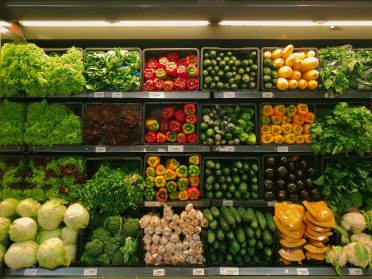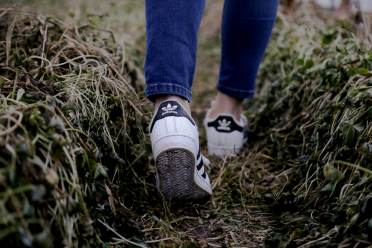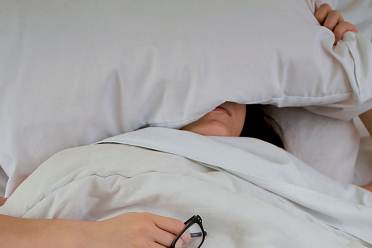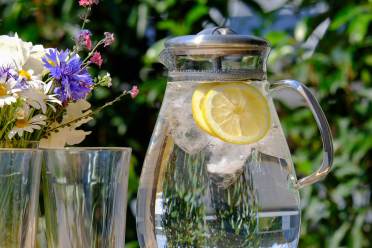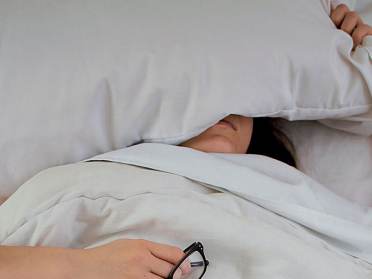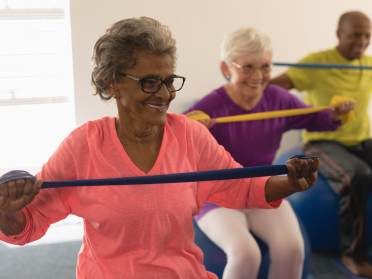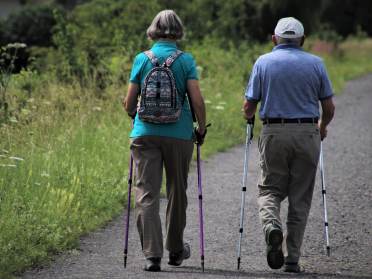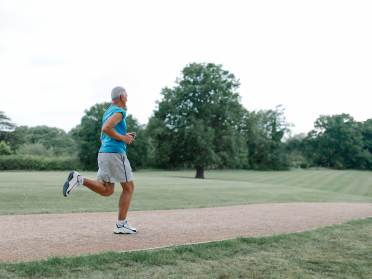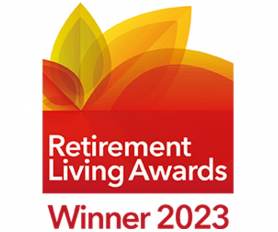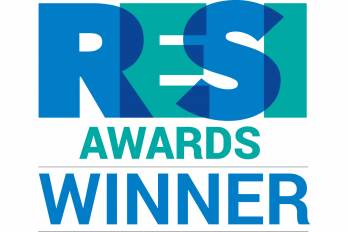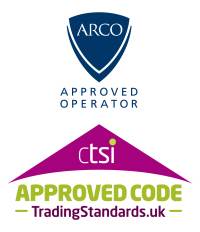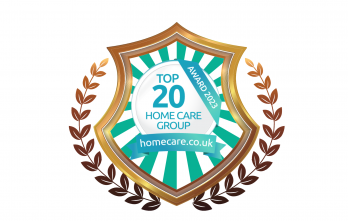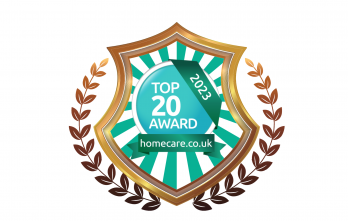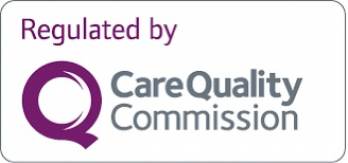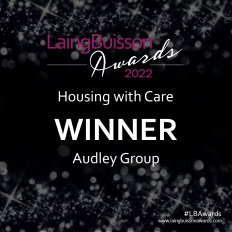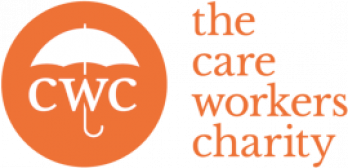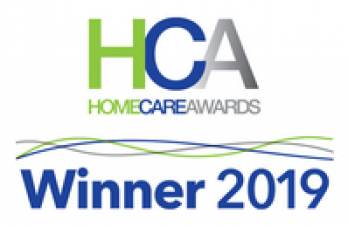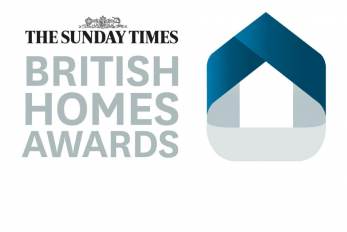Shop safe!
Do the food shop when you are feeling healthy and motivated. Or stick to a list that you wrote at a time when you were feeling inspired to cook healthy meals. We've all made the mistake of shopping when we're tired or hungry and inadvertently buying all manner of 'comfort' foods which we later regret.
Shopping sensibly will help you stick to a healthy meal plan.
Move more!
It could be a change as small as choosing to stand whilst you're on the phone, rather than sitting. If you like to write or you work from a desk, why not consider a standing desk or even a desk treadmill (honestly, it's a thing!).
Evidence confirms that most healthy adults typically achieve between 4,000 and 18,000 steps per day, with 10,000 being a reasonable number for an active adult.
Sleep well!
Get a good night's sleep. Although experts recommend every adult gets a minimum of 7 hours daily, how much sleep you need can depend on a variety of factors, including your daily activities and typical sleep patterns.
- Are you productive, healthy, and happy on seven hours of sleep? Or have you noticed that you require more hours of sleep to get into high gear?
- Do you have existing health issues that might require more rest?
- Do you have a high level of daily energy expenditure?
- Do your daily activities require alertness to do them safely?
- Do you depend on caffeine to get you through the day?
Don't eat in the evening!
There are many conflicting views about the health benefits of fasting for prolonged periods, but one thing most health experts can agree on is that it's a healthy eating habit to avoid evening eating. TheSleepDoctor explains that avoiding eating in the evening can also aid a good night's sleep.
Eating more in the evening hours, near to bedtime, may result in disruptions to healthy sleep patterns. And women may be especially vulnerable to these food-related sleep disruptions.
Drink more water!
You'll have heard this before but often those 'hunger pangs' you feel aren't actually hunger at all. Listen to your body. Don't be tempted to reach for a snack at the first sign of “hunger.” To find out whether that feeling is hunger or thirst, drink water and then wait 15 minutes. Often that 'hunger pang' will go away.
UK Government advice on fluids is to consume 1.2 litres a day, which is around 6-8 glasses. Of course, strenuous physical activity or hot or humid surroundings can mean you need more than this.

